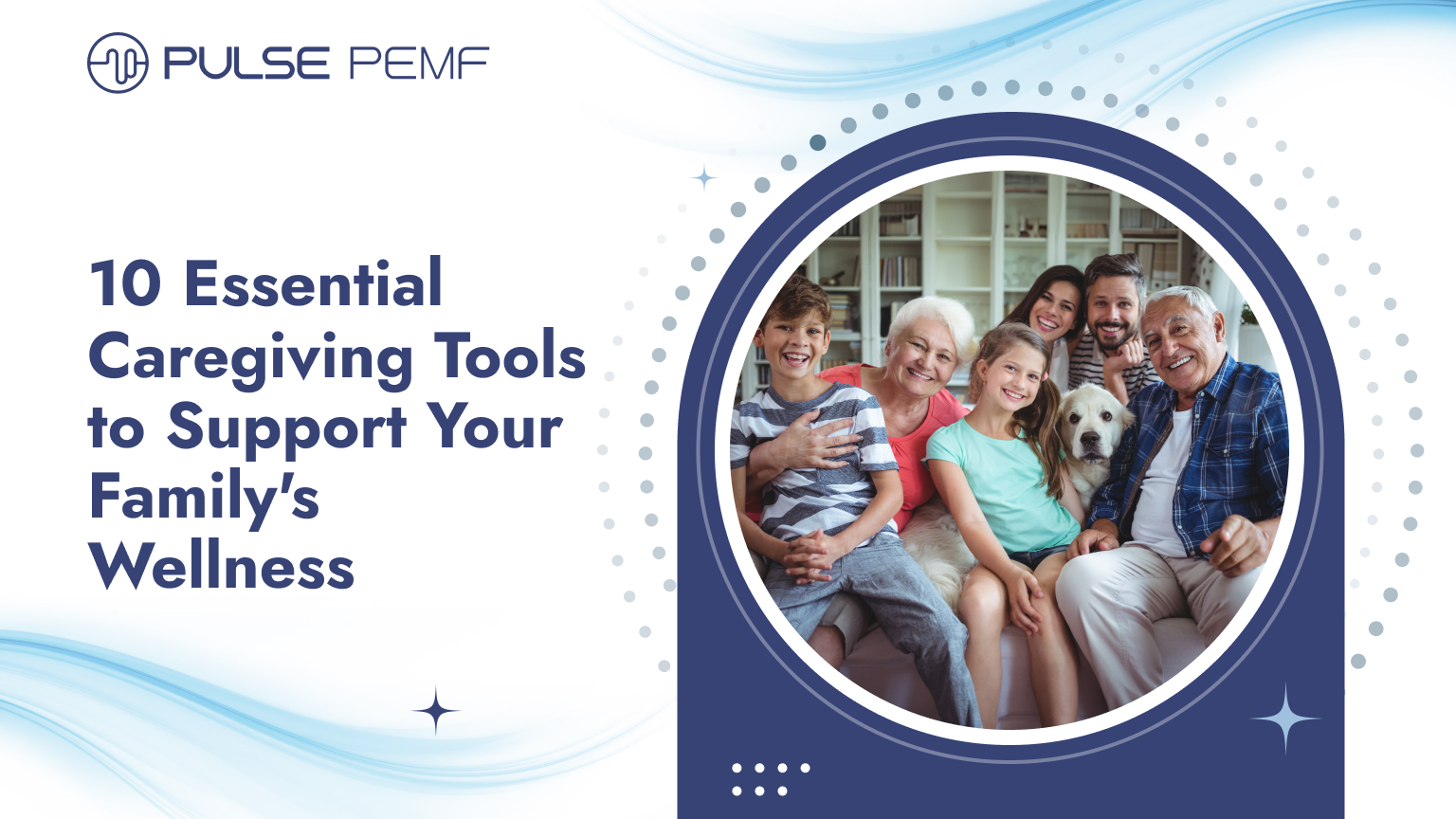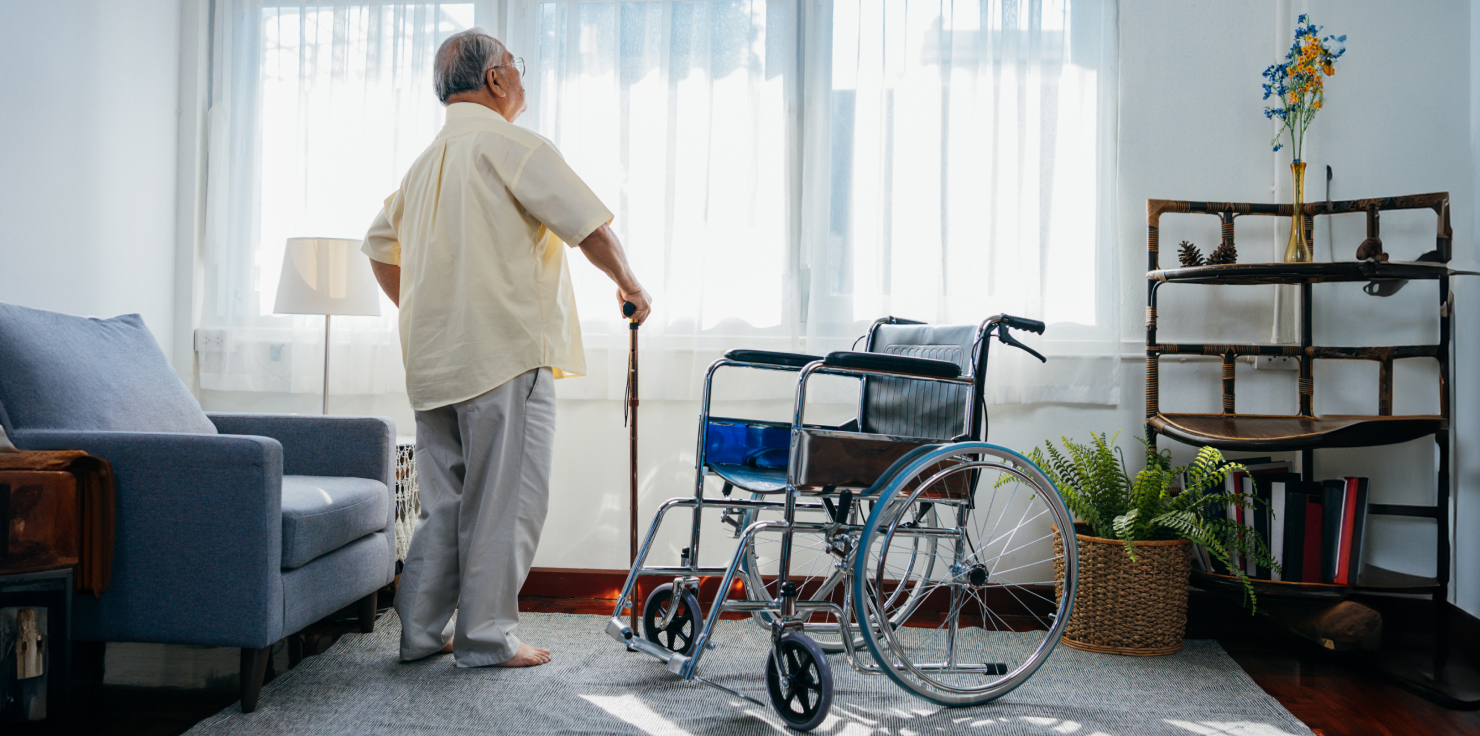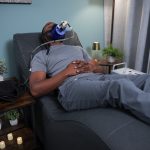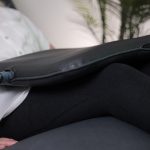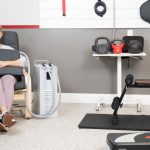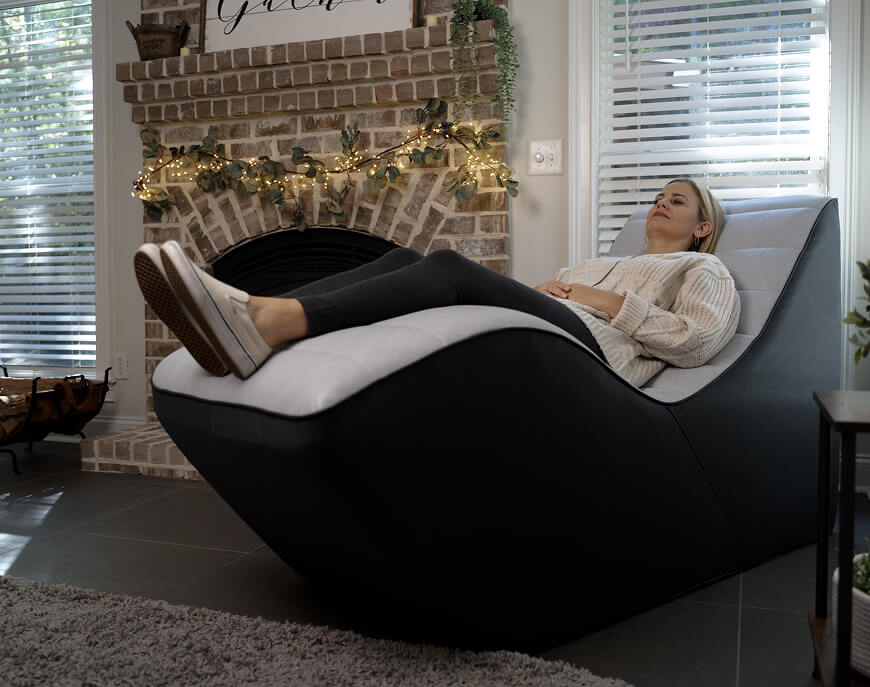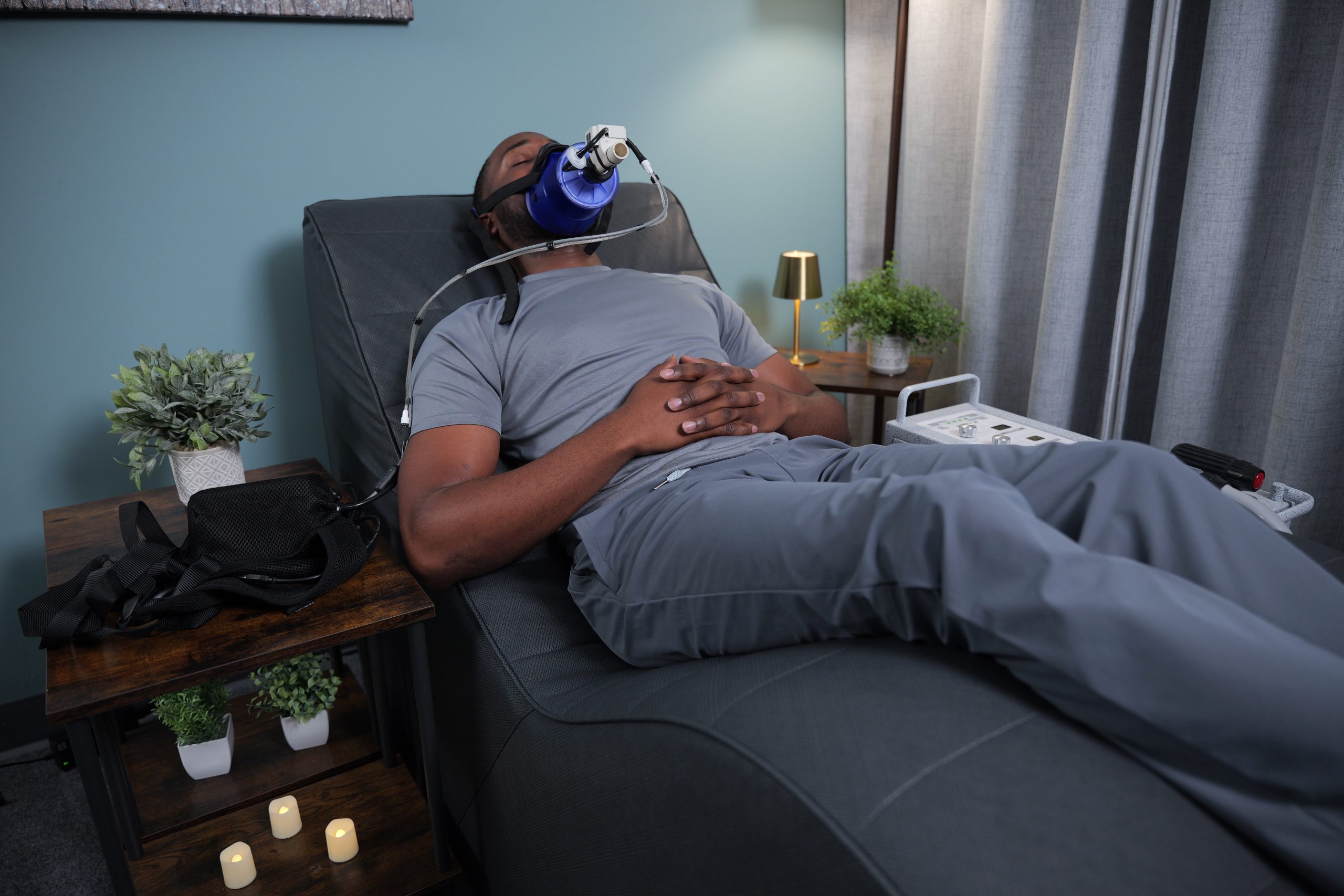Caregiving can be a rewarding experience, but it can also be demanding. Having the right tools and resources can make a significant difference in your ability to provide effective and compassionate care.
In this blog post, we’ll explore ten essential caregiving tools that can help you support your family’s wellness. From practical devices to therapeutic techniques, these tools can empower you to provide the best possible care.
1. PEMF Devices For Pain Reduction And Recovery
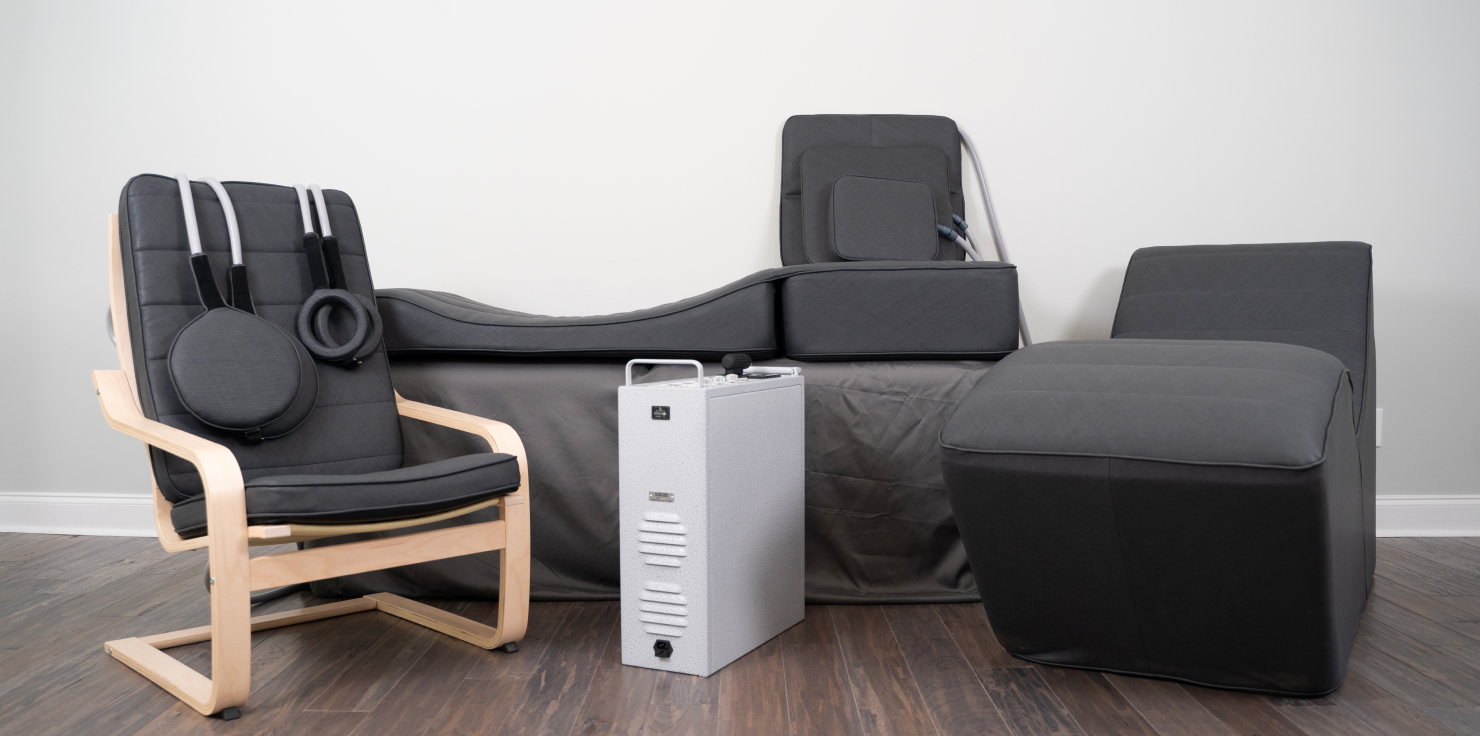
How PEMF Therapy Supports Wellness
PEMF therapy has emerged as a revolutionary caregiving tool. It is a non-invasive wellness modality that utilizes soothing Pulsed Electromagnetic Fields to stimulate and exercise the body’s cells. This helps optimize overall cellular function, which may promote a wide range of incredible benefits:
- Enhanced recovery
- Enhanced relaxation
- Reduced pain
- Reduced muscle fatigue and discomfort
- Improved energy levels
- Improved overall wellness
The potential benefits of PEMF are truly endless! To learn more about what PEMF is, how it works, and how it might benefit you, check out this comprehensive guide.
Choosing the Right PEMF Device
When selecting a PEMF device for your family’s needs, consider factors such as:
- Intensity: The strength of the electromagnetic field
- Frequency: The rate at which the electromagnetic field pulses
- Program options: The device’s ability to customize settings
- Ease of use: User-friendly interface and portability
If you’re not sure how to choose the best PEMF device for you or simply want to learn more, we encourage you to explore this blog.
2. Blood Pressure Monitor
Importance of Regular Monitoring
A blood pressure monitor is another crucial caregiving tool. Regular blood pressure monitoring is important for maintaining overall health, especially for individuals with high blood pressure or cardiovascular conditions. By tracking your blood pressure at home, you can help identify potential issues early on and take steps to manage your blood pressure effectively.
Key Features to Consider
When choosing a blood pressure monitor, consider the following features:
- Ease of use: A simple, user-friendly interface can make monitoring your blood pressure convenient.
- Memory storage: The ability to store readings can help you track your blood pressure over time.
- Accuracy: Ensure that the monitor is calibrated to provide accurate readings.
Tips for Effective Use
To ensure accurate readings, follow these tips:
- Sit quietly for 5 minutes before taking a measurement.
- Rest your arm on a table or desk at heart level.
- Wrap the cuff snugly around your upper arm.
- Avoid talking or moving during the measurement.
- Take multiple readings and average the results.
- Record your readings in a logbook or use a blood pressure tracking app.
By regularly monitoring your blood pressure, you can work with your healthcare provider to manage your blood pressure and reduce your risk of heart disease and stroke.
3. Digital Thermometer
Types of Thermometers and Their Benefits
Another crucial caregiving tool is a thermometer. There are several types of thermometers available, each with its own advantages:
- Digital Thermometers: These traditional thermometers are inserted under the tongue or into the rectum to measure core body temperature. They are relatively inexpensive and easy to use.
- Infrared Thermometers: These non-contact thermometers measure temperature by detecting infrared radiation emitted by the body. They are quick, easy to use, and hygienic.
- Ear Thermometers: These thermometers measure the temperature of the ear canal, which is often a good indicator of core body temperature.
Why Temperature Monitoring is Essential
Monitoring your temperature is crucial for detecting illness early. A fever can be a sign of infection or other health issues. By tracking your temperature, you can identify potential problems and seek medical attention promptly.
4. First Aid Kit
Essential Items in a Comprehensive First Aid Kit
A well-stocked first aid kit is an essential caregiving tool for any household. Here are some items to include:
- Bandages: Assortment of sizes and types, including adhesive bandages, gauze pads, and medical tape
- Antiseptic wipes: For cleaning wounds
- Pain relievers: Over-the-counter pain relievers like acetaminophen or ibuprofen (for adults)
- Antihistamines: For allergic reactions
- Burn ointment: To soothe minor burns
- Tweezers: For removing splinters or ticks
- Scissors: For cutting bandages or clothing
- Gloves: To protect yourself from germs
- First aid manual: For reference and instructions
How to Customize a First Aid Kit for Your Family
Consider your family’s specific needs and medical conditions when customizing your first aid kit. For example, if you have children, you might include items like children’s pain relievers and fever reducers. If you have allergies, you might want to include an allergy medication.
5. Mobility Support Aids
Types of Mobility Aids
Mobility aids can help individuals with limited mobility maintain their independence and improve their quality of life. Some common types of mobility aids include:
- Canes: Canes provide support and stability for individuals with mild to moderate mobility impairments.
- Walkers: Walkers offer more support than canes and can be helpful for individuals with balance issues or weakness.
- Wheelchairs: Wheelchairs are used by individuals with significant mobility limitations.
Choosing the Right Aid for Your Loved One
When selecting a mobility aid, consider the following factors:
- Level of support needed: Choose an aid that provides the appropriate level of support for your loved one’s needs.
- Comfort: Ensure that the aid is comfortable to use and does not cause pain or discomfort.
- Ease of use: Select an aid that is easy to assemble, adjust, and use.
- Durability: Choose a durable aid that can withstand regular use.
By selecting the right mobility aid, you can help your loved one maintain their independence and improve their quality of life.
6. Personal Emergency Response Systems (PERS)
Benefits of Using a PERS Device
A Personal Emergency Response System (PERS) is a valuable caregiving tool for individuals who live alone or have mobility limitations. These devices allow users to quickly and easily summon help in case of an emergency.
Selecting the Right System
When choosing a PERS device, consider the following features:
- Fall detection: This feature can automatically detect falls and alert emergency services.
- GPS tracking: GPS tracking can help locate the user in case of an emergency.
- Water-resistant design: A water-resistant device can be worn during bathing or other activities.
- Two-way communication: This feature allows the user to communicate with a monitoring center.
- Battery life: A long battery life ensures that the device is always ready to use.
7. Medication Organizer and Dispenser
Importance of Medication Management
Proper medication management is essential for maintaining good health, especially for individuals with multiple prescriptions or complex dosing schedules. Medication organizers and dispensers can help ensure that medications are taken correctly and on time.
Features to Look For
When choosing a medication organizer or dispenser, consider the following features:
- Compartmentalization: Multiple compartments to organize medications by day or time of day.
- Reminders and Alarms: Built-in alarms to remind users when it’s time to take their medication.
- Locking Mechanisms: To prevent accidental or unauthorized access to medications.
- Ease of Use: A user-friendly design that is easy to understand and operate.
- Portability: A compact and portable design for on-the-go use.
By using a medication organizer or dispenser, you can improve medication adherence and reduce the risk of medication errors.
8. Air Purifier
Health Benefits of Clean Indoor Air
Clean indoor air can significantly improve your family’s health and well-being. Air purifiers can help remove harmful pollutants, allergens, and irritants from the air, reducing the risk of respiratory problems, allergies, and other health issues.
Choosing the Right Air Purifier for Your Home
When selecting an air purifier, consider the following factors:
- Room size: Choose a purifier that is appropriate for the size of the room.
- Filtration technology: Look for a purifier with a high-quality filter, such as a HEPA filter, to remove fine particles.
- Noise level: If you plan to use the purifier in a bedroom or quiet space, choose a model with a low noise level.
- Additional features: Some air purifiers offer additional features, such as UV-C light sterilization or activated carbon filters.
By investing in a good air purifier, you can create a healthier and more comfortable living environment for your family.
9. Weighted Blankets for Comfort and Relaxation
Benefits of Weighted Blankets for Family Wellness
Weighted blankets can provide a sense of calm and security, making them a great tool for relaxation and stress relief. Some of the benefits of using a weighted blanket include:
- Improved sleep quality: Weighted blankets can help you fall asleep faster and stay asleep longer.
- Reduced anxiety and stress: The gentle pressure from a weighted blanket can have a calming effect on the nervous system.
- Better focus and concentration: A good night’s sleep can improve cognitive function and focus.
Selecting the Right Weight and Material
When choosing a weighted blanket, it’s important to select the right weight and material. A general rule of thumb is to choose a blanket that weighs about 10% of your body weight.
- Material: Look for a breathable and hypoallergenic material, such as cotton or bamboo.
- Weight Distribution: Ensure that the weight is evenly distributed across the blanket.
By using a weighted blanket, you can create a more restful and rejuvenating sleep environment.
10. Hydration and Nutritional Tracking Apps
Importance of Monitoring Hydration and Nutrition
Proper hydration and nutrition are essential for maintaining overall health and well-being. By tracking your intake of water and nutrients, you can identify areas where you may need to make improvements.
Recommended Apps for Easy Tracking
There are many apps available to help you track your hydration and nutrition. Some popular options include:
- Water Reminder Apps: These apps remind you to drink water throughout the day.
- Calorie Tracking Apps: These apps allow you to track your calorie intake and macronutrient breakdown.
- Meal Planning Apps: These apps can help you plan healthy meals and track your food intake.
By using these apps, you can gain valuable insights into your eating and drinking habits and make adjustments to improve your health.
Conclusion
By utilizing these essential caregiving tools, you can significantly enhance your family’s well-being. From pain reduction and recovery with PEMF therapy to maintaining healthy habits with tracking apps and medical devices, these tools offer a holistic approach to healthcare.
Remember, it’s important to evaluate your family’s specific needs and select the caregiving tools that best suit your lifestyle. As individual needs and circumstances vary, you may wish to consult with a licensed medical professional to create a caregiving plan that works best for you.
By incorporating these tools into your daily routine, you can create a healthier, happier, and more resilient family!

